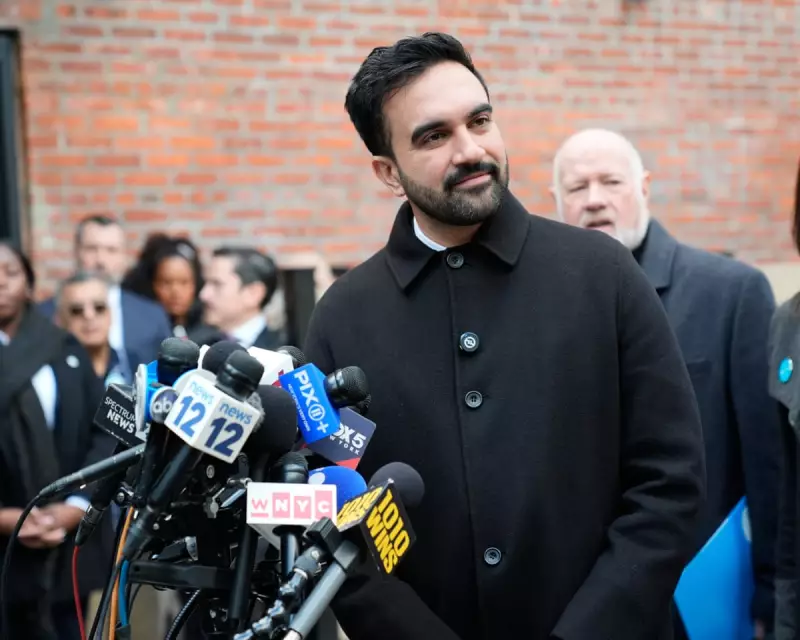
The Unexpected Political Turnaround
Just months ago, political analysts observed what appeared to be a permanent realignment in American politics. Young voters, particularly men, were shifting decisively to the right, leaving Democrats scrambling with increasingly desperate efforts to win them back. The recent election results, however, have revealed a dramatically different story that challenges conventional political wisdom.
Understanding the Young Male Political Crisis
Young American men currently face what can only be described as a political identity crisis. The world they were promised during childhood has failed to materialise, replaced by two decades of continuous warfare, economic turbulence, and fundamental workforce transformations. Their widespread disaffection with the political establishment should surprise nobody who has been paying attention.
An entire ecosystem of political opportunists emerged to exploit this generation's frustrations, peddling bleak visions where violence and control over others, particularly women, offered solutions to a changing world. Meanwhile, the Democratic party struggled to envision a political future that included these young men, often writing off anyone who showed interest in alternative movements as irredeemably lost.
The Affordability Breakthrough
The recent elections in Virginia, New Jersey, and New York City demonstrated that Democrats have learned crucial lessons about what actually resonates with young male voters. Despite coming from different ideological positions within the party, the three major campaigns shared a remarkable similarity: their messaging relentlessly focused on affordability and the economic pressures facing working and middle-class citizens.
Young men, like most other demographic groups including trans individuals, Black communities, and immigrants, are grappling with housing costs that have skyrocketed compared to their parents' generation. The modern economy demands constant job-hopping rather than stable career paths, while achieving independent adult life has become significantly more expensive and complicated.
These affordability-focused campaigns gave young men constructive outlets for their frustrations rather than leaving them vulnerable to cynical political operators. The approach proved particularly effective during the longest government shutdown in US history, with consumer prices rising partly due to Trump's tariffs.
Election Results Tell the Story
The political impact of this economic messaging proved substantial. In Virginia and New Jersey, men under 30 supported new Democratic governors, with approximately six in ten backing Spanberger according to Associated Press data. In New York, young men favoured Zohran Mamdani over Andrew Cuomo by a staggering margin of nearly 40 points, based on Tufts Circle analysis.
Republicans, meanwhile, became distracted defending Donald Trump and attempting to replicate his strategy of tying Democrats to contemporary culture wars. Without Trump's unique ability to control media narratives, less politically gifted Republicans floundered, appearing weak and ineffective in the process.
The campaigns of Mikie Sherrill in New Jersey, Abigail Spanberger in Virginia, and Mamdani in New York City demonstrated that working and middle-class frustrations could be channelled into a political coalition recognising that marginalised groups also suffer from the greed and corruption making life unaffordable for millions.
Ultimately, these election results reveal that young men aren't permanently lost to progressive politics. The failure was one of imagination—an inability to envision a reality where they could belong in the Democratic camp. Like everyone else, young men seek political solutions that can genuinely improve their lives. Democrats appear to be finally learning how to offer them that opportunity.





